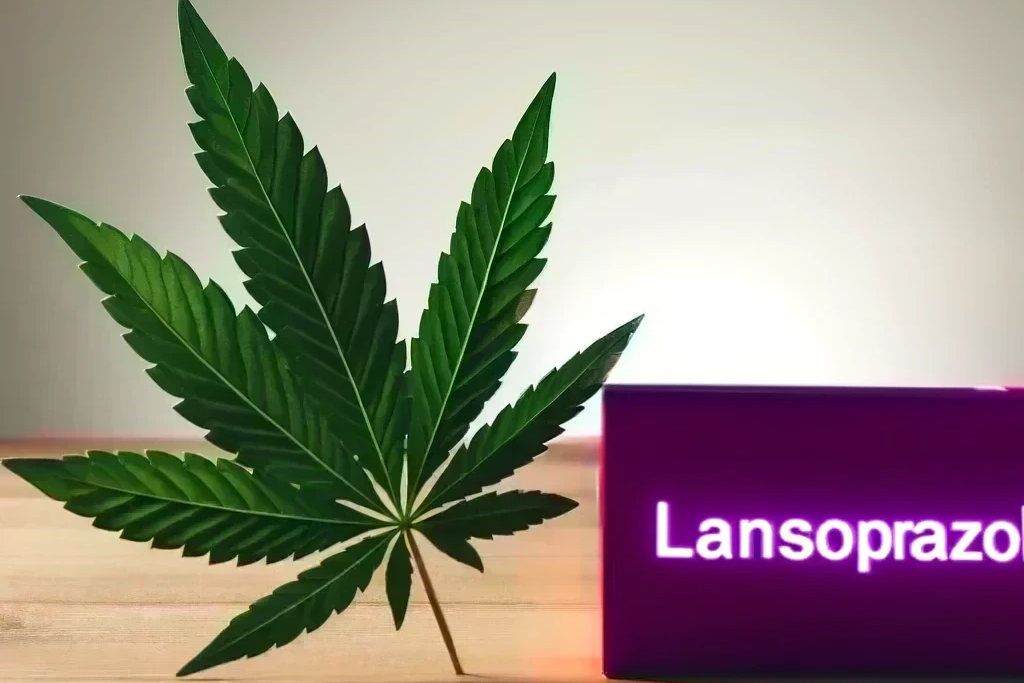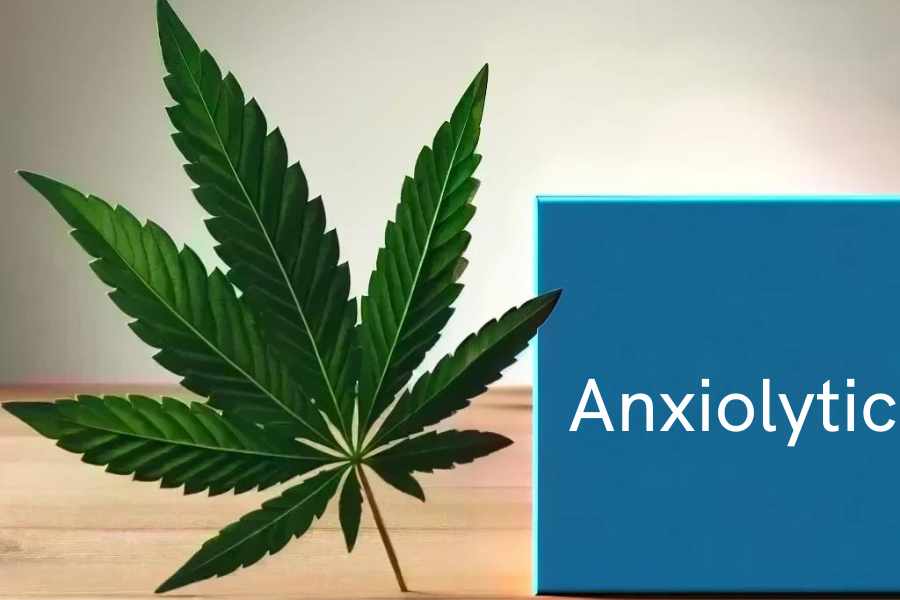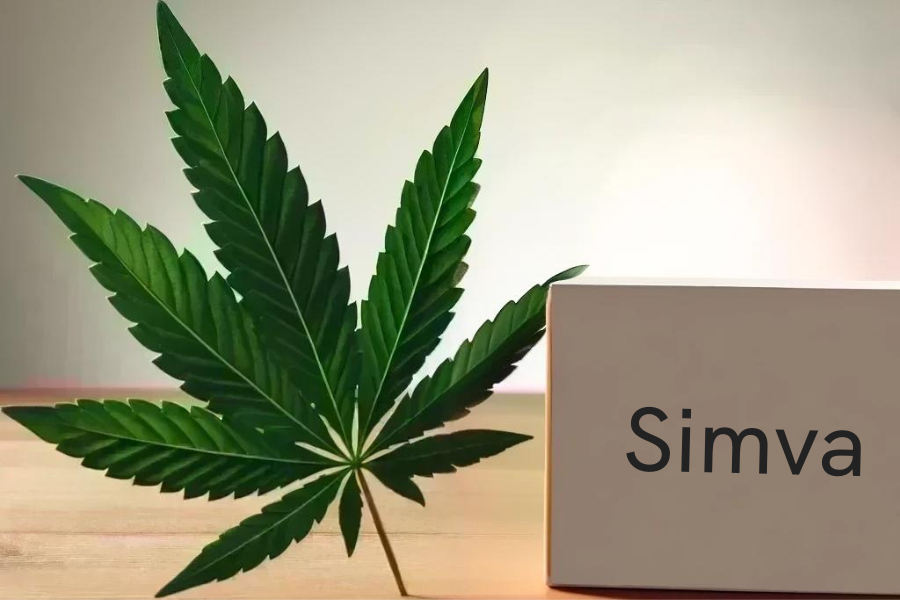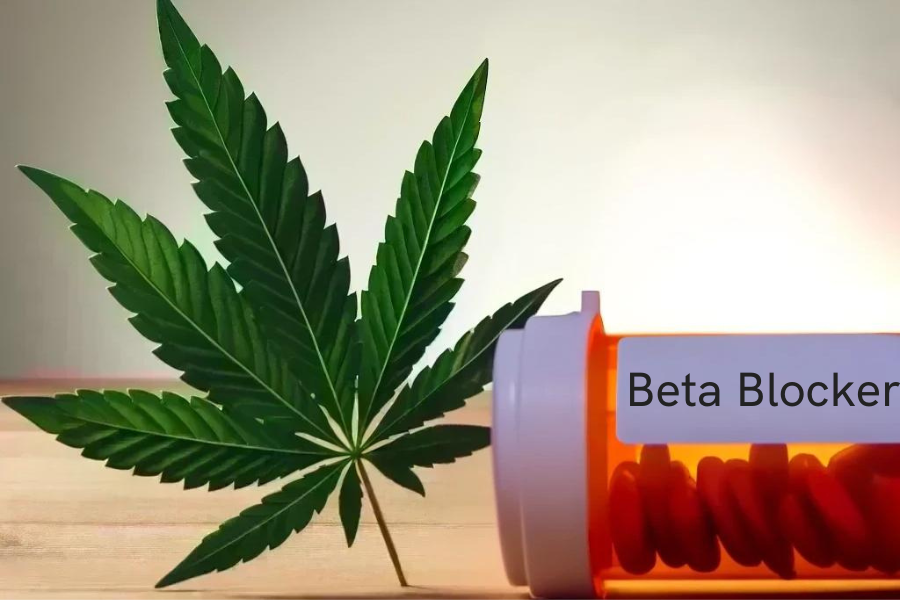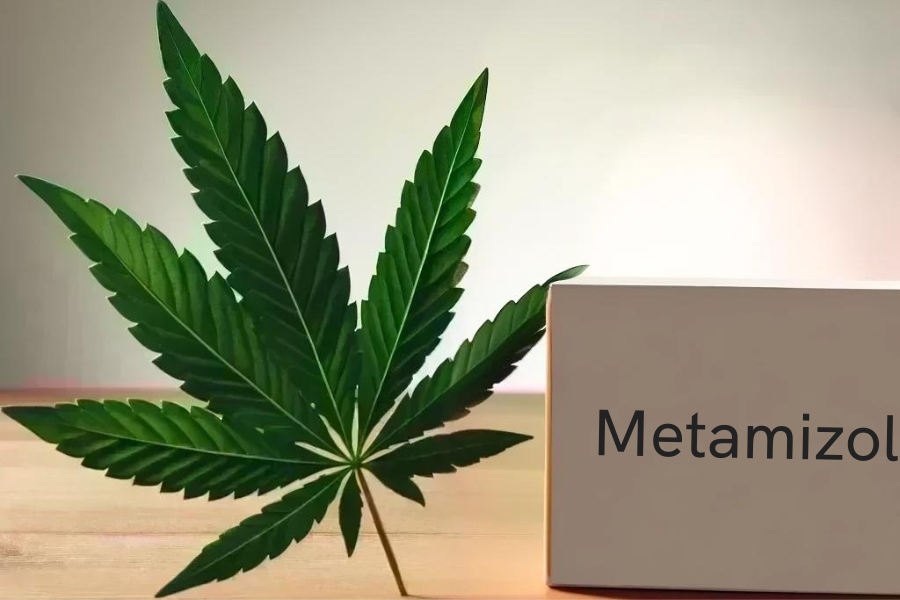In the rapidly evolving world of drug interactions, it is crucial to understand how different substances can interact within the human body. This article will delve into the complexities of the interaction between cannabis and the pharmacological drug Lansoprazole. As the use of both substances becomes increasingly common, understanding their interaction is valuable. Please note, this article is meant as a guide and not a substitute for personalized medical advice from a healthcare provider.
Overview of Cannabis
Cannabis, also commonly referred to as marijuana, contains a variety of active components. The primary ones are Tetrahydrocannabinol (THC) and Cannabidiol (CBD). THC is the psychoactive component that produces the euphoria, or “high,” commonly associated with the recreational use of cannabis. CBD, on the other hand, does not exhibit psychoactive effects and is known for its therapeutic properties. The usage of cannabis spans from recreational purposes to medicinal use like managing chronic pain, nausea, and as an adjunct to mental health treatment (CDC).
Overview of the Pharmacological Drug: Lansoprazole
Lansoprazole, commonly marketed as Prevacid, Lanzor, or Lansoprazol-ratiopharm, is a type of drug known as a proton-pump inhibitor (PPI) (Medline). It operates by reducing the amount of acid produced in the stomach, therefore, playing an instrumental role in the treatment of acid-related stomach and throat (esophagus) problems, including peptic ulcer disease and gastroesophageal reflux disease (GERD).
Potential Interactions
Physiological Basis
While rigorous studies specifically on the interaction of lansoprazole and cannabis are lacking, it is believed that potential interactions could occur at the level of the cytochrome P450 enzymes system in the liver (NCBI). The CYP3A4 enzyme metabolizes both lansoprazole and THC, while CYP2C9 is involved in breaking down THC. Therefore, overuse or misuse of cannabis could lead to a slower metabolism of lansoprazole, increasing its concentration in the blood.
Research Findings
Currently, given the regulatory status of cannabis, robust research is lacking. However, some research suggests cannabis may alter gastric acid secretion (PubMed). It is thus plausible that cannabis, and specifically THC, might intensify or diminish the effects of lansoprazole, although further investigation is necessary.
Risks and Warnings
As noted above, adverse effects primarily revolve around the potential change in the metabolism of lansoprazole due to cannabis consumption. An increased concentration of Lansoprazole would increase the potency of its effects, which could potentially lead to an increased risk of side effects, such as nausea, diarrhea, stomach pain, and kidney problems. Populations at a higher risk of complications include the elderly, pregnant women, those with liver disease, and those taking lansoprazole chronically or in high doses.
Recommendations
While further research is needed to fully understand the interactions between cannabis and lansoprazole, it would be prudent for anyone using both to discuss this with their healthcare provider. Careful monitoring is suggested, and anyone with adverse effects should seek immediate medical attention. Adjusting the dosage of lansoprazole may be necessary based on individual needs.
Conclusion
Understanding drug interactions is crucial to ensuring safety, especially when using substances such as cannabis and prescription medications like lansoprazole. While the evidence base continues to grow, a conservative and informed approach is recommended. Always consult with a healthcare professional before altering your medication routine.
References and Further Reading
- CDC on Marijuana
- Medline on Lansoprazole
- NCBI on Metabolism of Cannabis
- PubMed on Cannabis Effects on Gastric Acid Secretion

